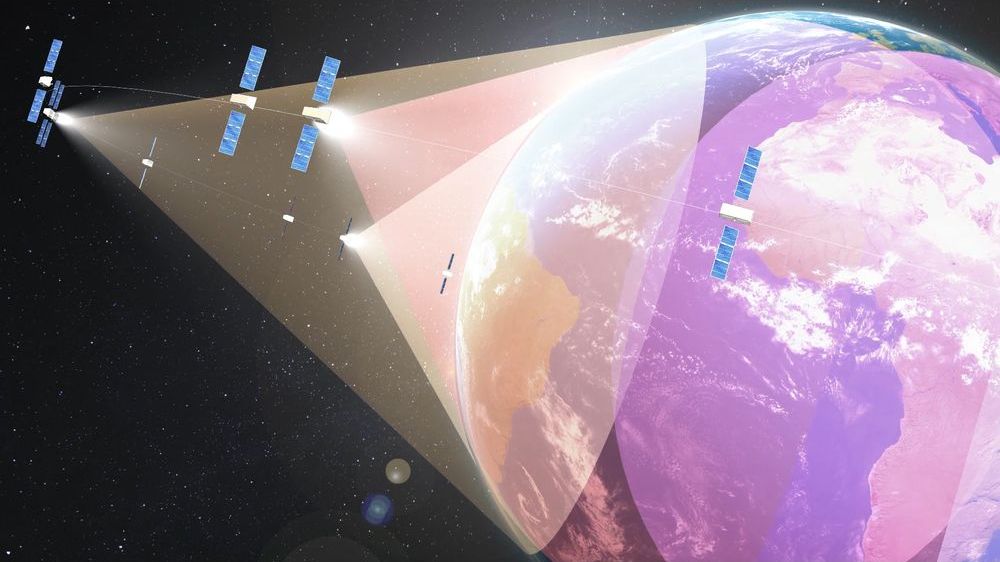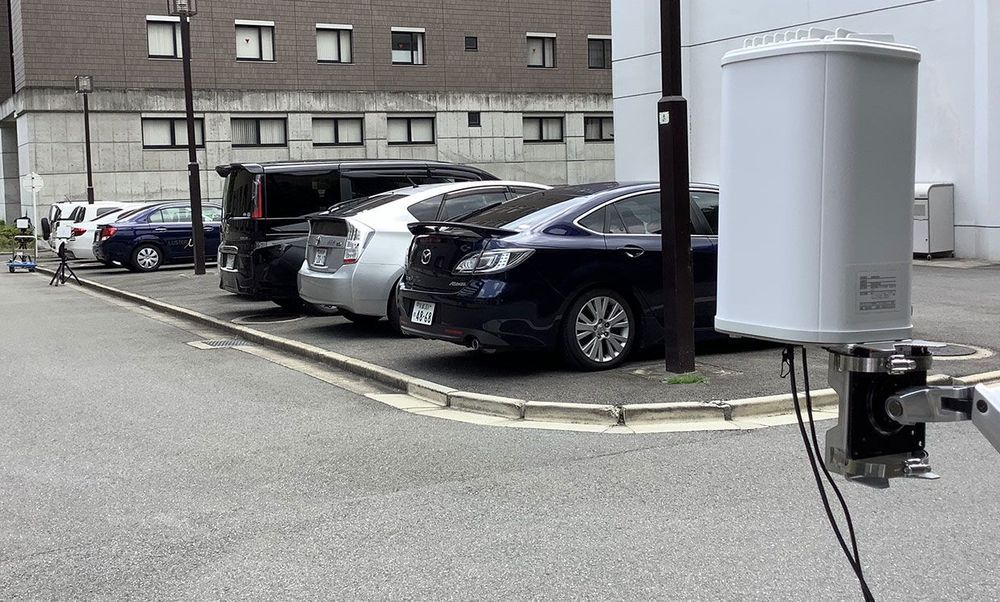No, these are not pictures of caramel corn—they’re the new close-ups of the sun, taken by the largest solar telescope ever built, and they’re what the Internet has been abuzz about for a week. The Daniel K. Inouye Solar Telescope (DKIST) is able to capture imagery three times more detailed than anything we’ve seen before. What we’re looking at here in this video are huge bubbling cells as big as Texas, transferring heat from the sun’s interior to its surface, but the telescope can also resolve tiny features as small as Manhattan Island within the cells!
The DKIST is about 13 feet wide and has a better-than-bird’s-eye-view at 10,000 feet above sea-level on the summit of Haleakala, a massive shield volcano on Hawaii’s island Maui. The area covered in this image is about 22,600 miles by 22,600 miles, but the cell-like structures shown are about the size of Texas.
This is only the first time it’s been used so far, and scientists are hoping that in the future it will be helpful in predicting solar weather. Scientists still have a lot of questions about the dynamical processes in the sun and space weather is a focus that can have significant impact on the everyday individual. Space weather has a huge influence on our air travel and satellite communication, sometimes causing power outages and system failures, and our technology has only given us about 48 minutes’ notice until now. The DKIST will help us predict solar flares 48 hours in advance and understand space weather like we never have before.






